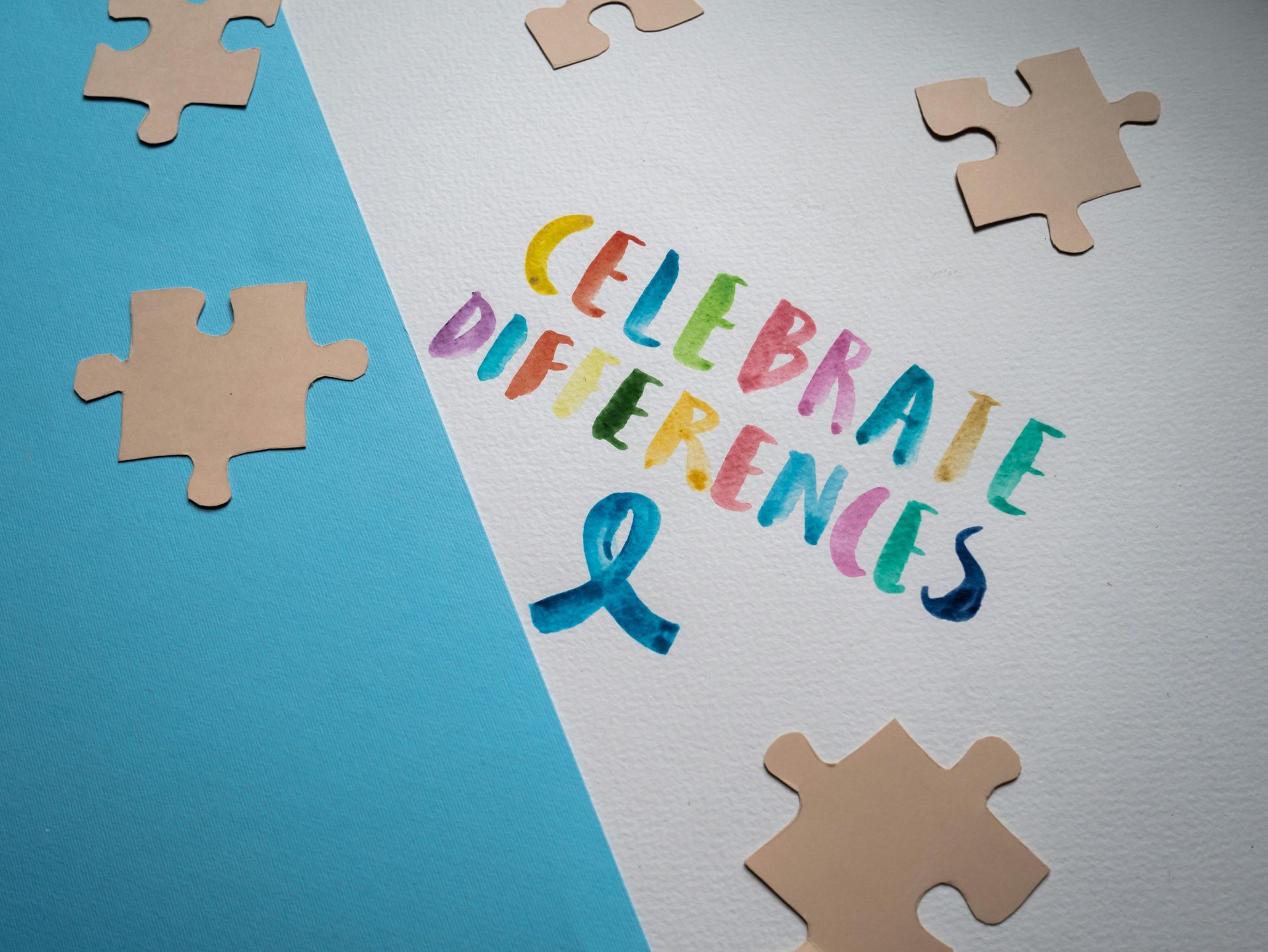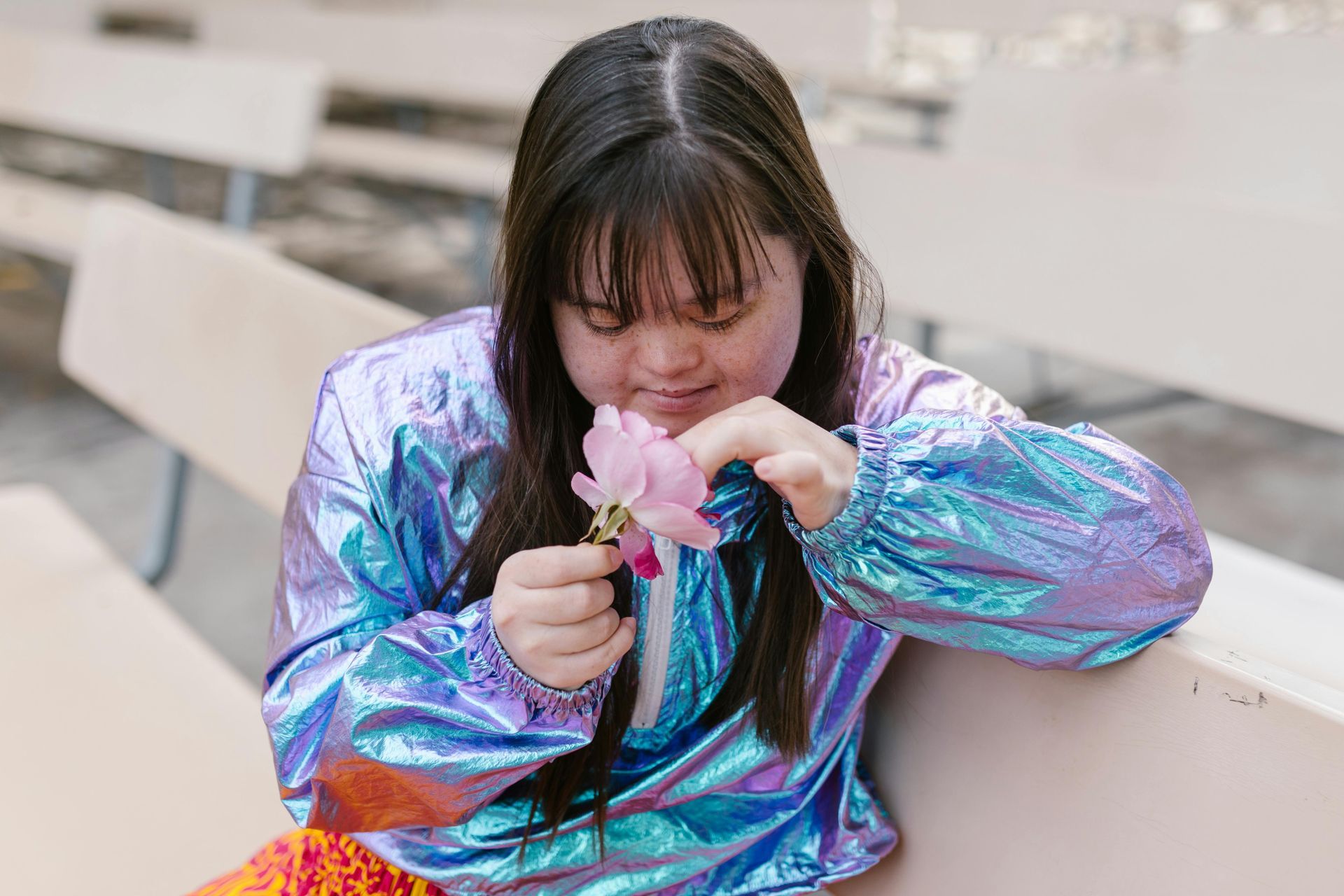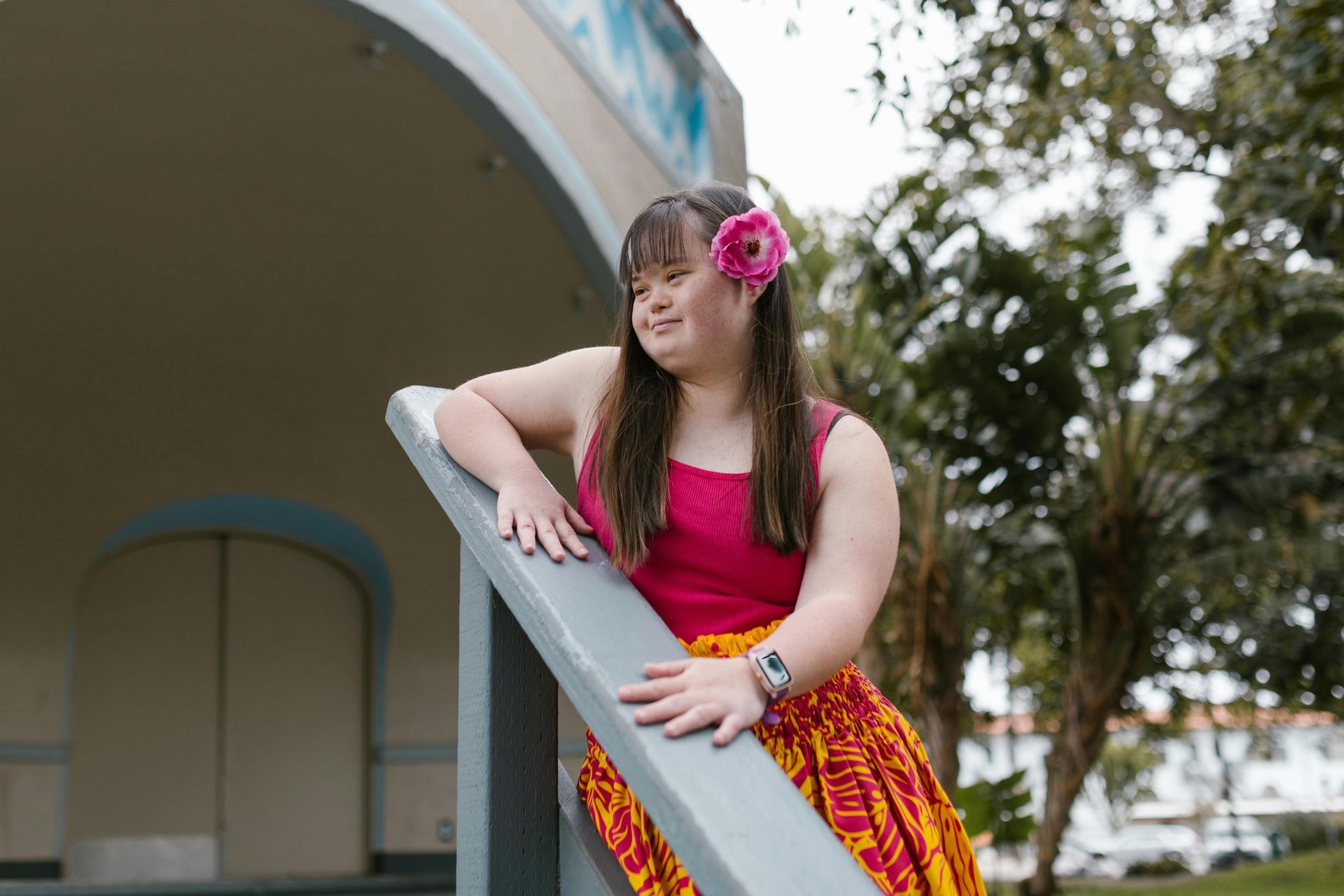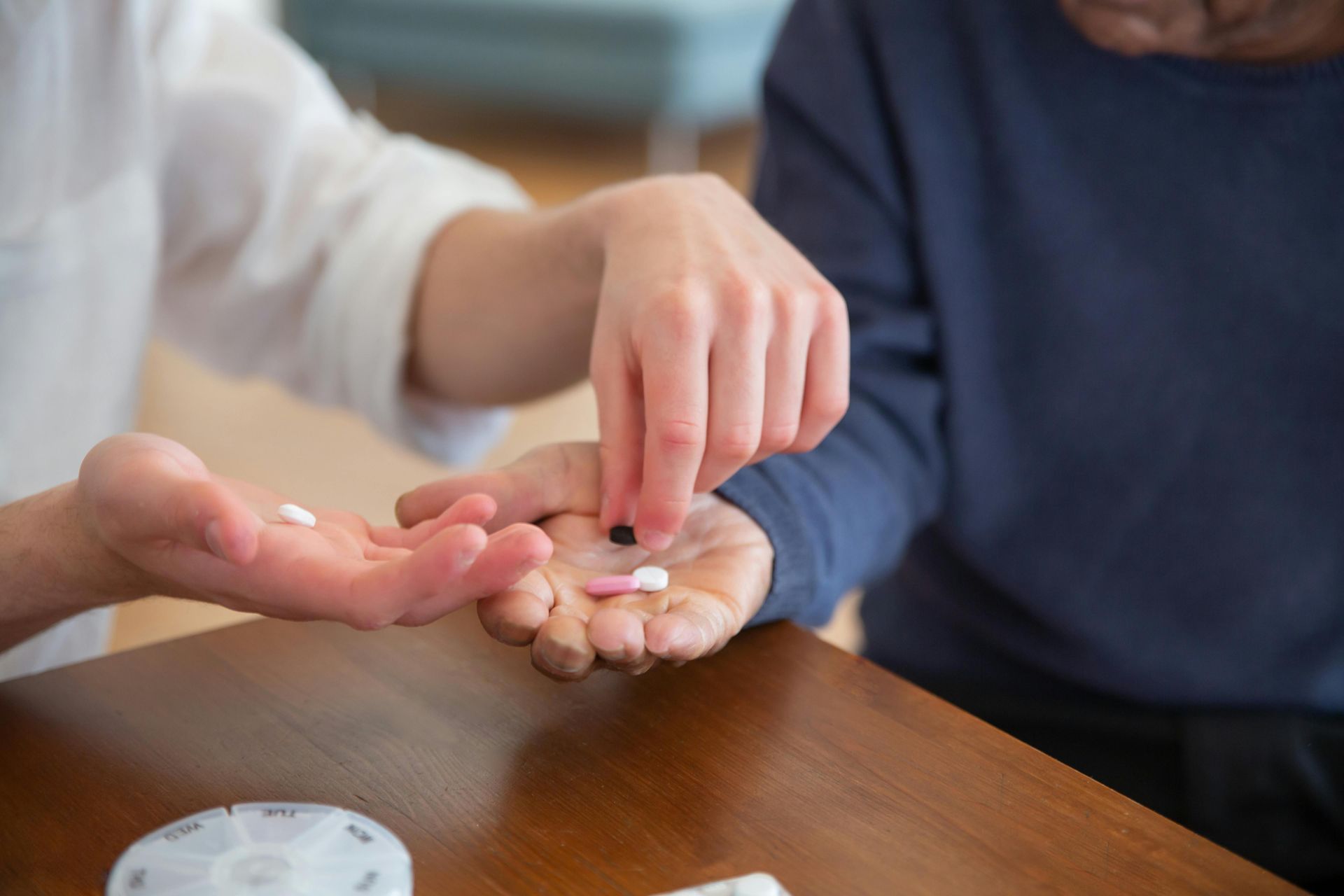Aging is a natural part of life, and with it comes the responsibility to ensure that our seniors live with dignity, respect, and full access to their rights. In many communities, older adults face unique challenges — from healthcare access to financial vulnerability, social isolation, and even abuse. Advocacy is not only necessary; it’s a moral imperative.
Understanding Seniors' Rights
Seniors, like all individuals, are entitled to a broad set of human rights. These include the right to:
- Be treated with dignity and respect
- Participate fully in decisions affecting their lives
- Live free from abuse, neglect, and exploitation
- Receive appropriate and affordable healthcare
- Access social services and support systems
- Maintain autonomy and independence for as long as possible
Yet, these rights are often overlooked or compromised, particularly among individuals with cognitive or developmental disabilities, limited mobility, or those in long-term care facilities.
The Role of Advocacy
Advocacy is the act of supporting or arguing for a cause, policy, or individual rights. For seniors, advocacy takes many forms:
- Individual Advocacy: Ensuring that a senior’s personal needs and preferences are respected in healthcare, housing, and legal matters.
- Systemic Advocacy: Working at community or governmental levels to change laws, improve service quality, and increase funding for aging services.
- Legal Advocacy: Providing support in areas like guardianship, elder abuse, estate planning, and discrimination claims.
Family members, caregivers, and professionals all play a role in advocating for older adults. It begins with awareness, followed by action. Reporting mistreatment, pushing for inclusive policies, and ensuring access to quality care are all part of effective advocacy.
Why It Matters
When we champion the rights of older adults, we strengthen our entire community. We honor their contributions, protect their well-being, and ensure a legacy of compassion and respect for future generations.
Let’s make a collective effort to raise our voices and advocate for the rights of seniors — because aging should never mean invisibility.
👉 Learn how you can support the well-being and dignity of older adults in your community: www.globalhandsinc.com
#SeniorsRights #ElderAdvocacy #DignityInAging #ElderCareMatters #EndElderAbuse #MentalHealthAdvocacy #DevelopmentalDisabilities #AgingWithDignity #CommunityCare #AdvocateForSeniors










